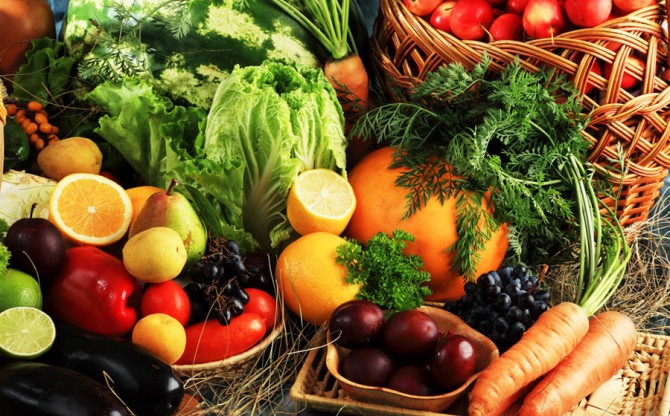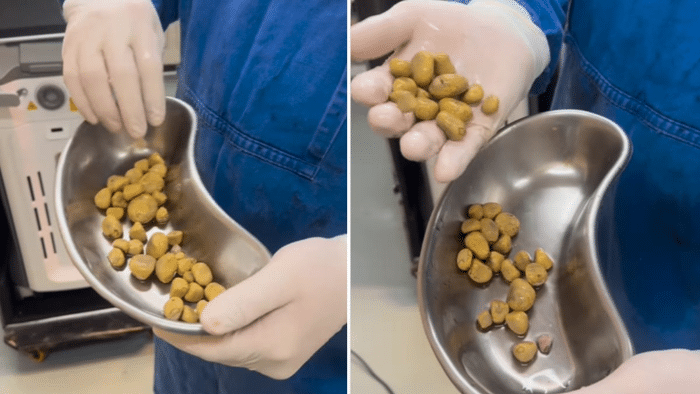7) Vaccines And Autism

Whilst we’re on vaccine dramas it’s worth mentioning the whole MMR/autism debacle. As most people probably noticed there was a media-mong-blizzard a few years back that stated that the MMR vaccination gave children autism.
As I mentioned earlier, if medical science has got something wrong it needs to look at it ASAP and deal with it. That’s how science works. Science looked at the claims, which were marauded around the world’s media like a bad dose of crabs, and found out that they were baseless, non-scientific hearsay and utterly incorrect.
What seems to have happened is that a bunch of idiots pretty much made the whole thing up and celebrity backing somehow gave the story more credence. Why celebrity backing makes a scientific proposal more believable will always be beyond me. If anything it should make it less believable if you ask me.
Thanks to the dirge of disinformation and misinformation vaccination rates have dropped in the UK opening the door to our old foe — measles. The ramifications of a population of unvaccinated people will be played out over years rather than months. Hopefully these old school killers won’t take charge again due to celebrity status poo-pedaling.
8) Organic Food

One of the biggest changes in grocery purchasing habits over the past decade or so has been the rise and rise of organic produce. If pushed, many people will say that organic food is better for you, more natural and definitely more environmentally healthy. The facts behind it are a little more complicated.
Organic goods may well have been driven miles before they reach the shelves meaning they have pumped out way more petrol fumes than a locally sourced carrot. The distance they come means that they’re less likely to be fresh than a locally picked pea too.
In the case of organic meats the animals probably do have a better life thanks to the additional space they are afforded. But that extra space comes at a cost. More land means more deforestation and more fossil fuel being burned to create the space and maintain it.
Pesticides aren’t exactly delicious beverages, but if you use less artificial pesticides the plants themselves will actually produce more of their own natural pesticides, so whether the veggie is more palatable and healthy without pesticides isn’t so clear-cut.
It’s not that organic foods are bad, they’re just not necessarily better for you or the environment than others that don’t claim the holy title of organic.















